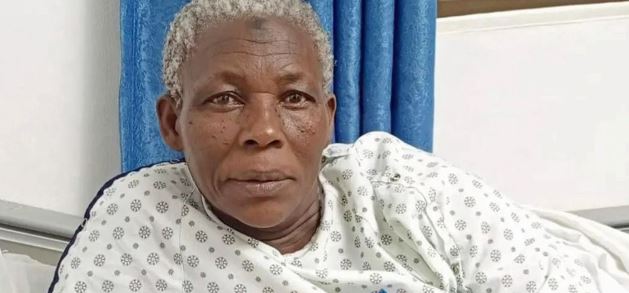A Miracle at 70: Ugandan Woman Gives Birth to Twins

In a remarkable event that defies the odds, a 70-year-old Ugandan woman, Safina Namukwaya, has given birth to twins, making her one of the oldest women in Africa, and perhaps the world, to achieve this feat. This extraordinary story of fertility and hope has captured the attention of many, as it challenges the conventional boundaries of motherhood.
Namukwaya’s journey to motherhood was facilitated by in vitro fertilization (IVF) treatment at the Women’s Hospital International and Fertility Centre Uganda. The successful IVF treatment led to the birth of a baby girl and a boy via cesarean section. This medical success story not only underscores the advancements in reproductive technology but also highlights the growing trend of older women becoming mothers.
The birth of twins to a septuagenarian is an “extraordinary feat,” according to her doctor. It is indeed rare and exceptional for a woman at the age of 70 to give birth, especially to twins. This event is not just a personal triumph for Namukwaya but also a significant milestone in the field of reproductive medicine. It demonstrates the potential of IVF treatments in extending the age of possible motherhood.
This remarkable birth comes after years of barrenness for Namukwaya, making the arrival of her twins even more momentous. Her story is an inspiring one, particularly for women who face fertility challenges. It serves as a beacon of hope, showing that age and past reproductive challenges need not be barriers to achieving the dream of parenthood.
Namukwaya’s experience has brought attention to the possibilities and ethical considerations of late-in-life parenthood. As reproductive technologies continue to advance, they offer new opportunities for individuals and couples to start or expand their families, even at ages once thought impossible.
The birth of Namukwaya’s twins is not just a medical marvel but a testament to the enduring strength of human aspiration and the miracles that modern medicine can achieve. Her story will likely continue to inspire and provoke discussions about the boundaries of reproductive health and the definition of family in contemporary society.





